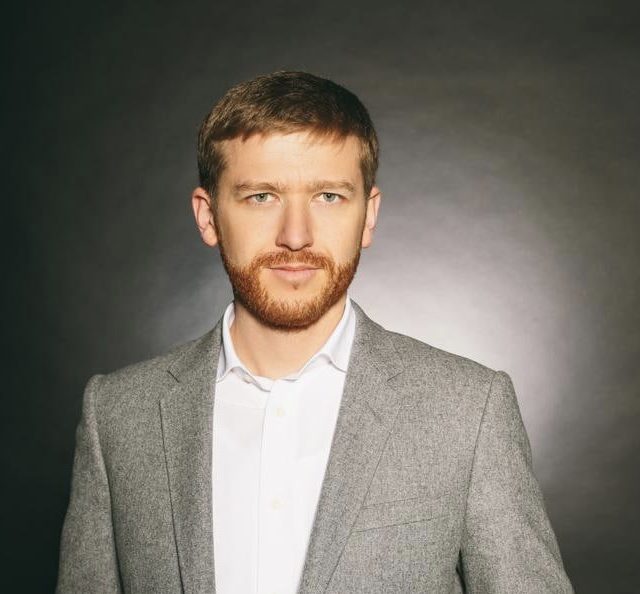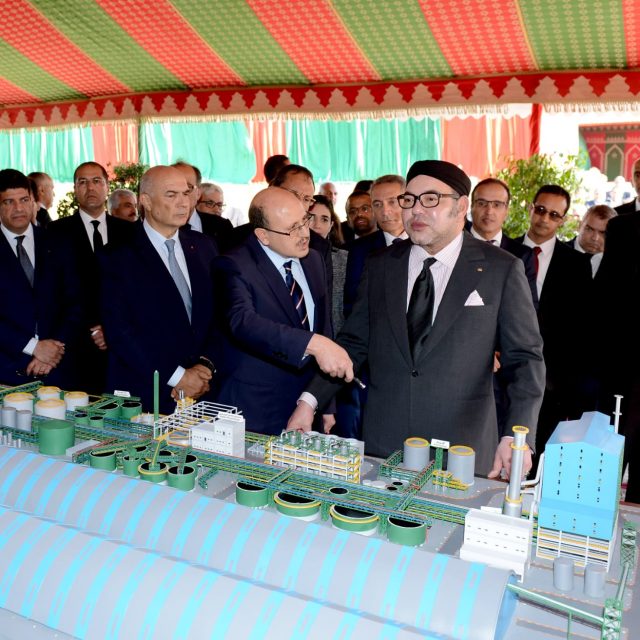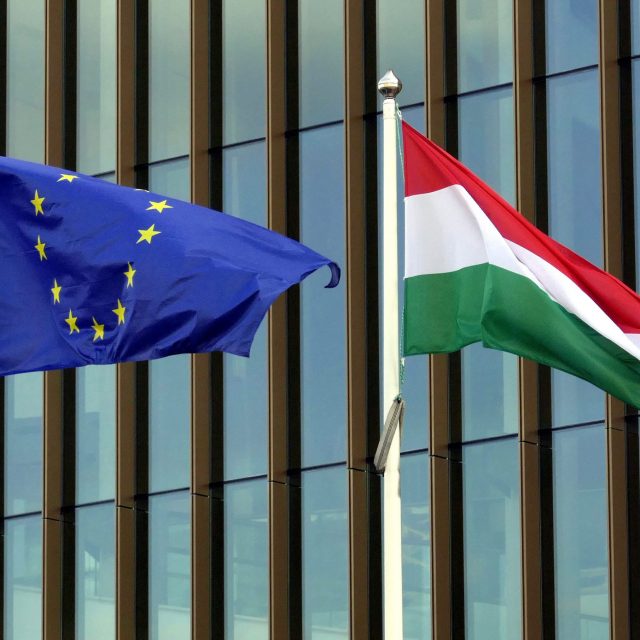Photo by Tyler Nix on Unsplash
The Republic of Moldova is a small faraway country facing many challenges. Today it no longer faces them alone.
Economically it is fragile, with its main exports being insulated wire, wheat, wine and sunflower seeds – not the most promising foundation for long-term prosperity. Climate change is also a major issue: in recent years the country has been racked by droughts, with fields of dead sunflowers testifying to the scale of the problem. Finally, the country has been plagued by emigration: since the late 19th century young people have fled Moldova looking for better lives elsewhere. Since Independence in 1991 a further third of its population has left, although recently an influx of Ukrainian refugees has temporarily reversed the flow.
Politically there are massive challenges too. Some thirty years ago Russia unilaterally declared a breakaway ‘sovereign’ state of Transnistria. a significant chunk of Moldova sitting strategically on the border with Ukraine: with a population of just over 500,000 it has not been recognised by any other country. Recently Russia has not only threatened to integrate Transnistria into Russia but has also repeatedly tried to undermine the Government of Moldova itself: the latest plot was uncovered as recently as February.
Having been assailed by different invaders over the centuries the country had valiantly attempted to stay neutral to avoid further conflict. Ukraine had chosen the same path, but when Russia perceived this neutrality as weakness and attacked this was a wake-up call to Moldova. Neutrality is no longer a sensible option.
Some years ago, I visited Moldova as part of a small cross-party delegation from the European Parliament. Based in the capital Chișinău, the programme included a full-day official visit to Transnistria. We were deliberately kept waiting by the Russian border guards while our credentials were checked and re-checked before we were escorted to their own ‘Parliament’ for a completely unproductive meeting. It was an interesting experience, though a salutary reminder that while discussions to explore common ground should always be attempted such sessions have limited value when the other side has nothing to say.
Fortunately for Moldova the EU has much to say and is finally starting to say it. 47 national leaders from all over Europe have just converged on the country for the second annual summit of the European Political Community – a new grouping conceived by President Macron of France as a forum for EU Member States to meet with other countries including those currently outside or awaiting EU membership. The one positive (and totally unexpected!) achievement of the disastrous Liz Truss premiership was agreement that the UK would not only be an active participant, but even host the event in 2024.
The official objective is to develop common positions on climate, energy and security: this increasingly means closer ties with the West, perhaps including NATO and certainly including full membership of the European Union. As an immediate and concrete step, showing that the summit is not just a talking shop, the EU has opened a dedicated mission in Chișinău staffed by 50 experts to strengthen the country’s capacity to recognise and neutralise any future cyber-attacks by Russia. This is in addition to the millions of Euros in loans to help wean the country off Russian gas, together with the firm promise by Roberta Metsola, a former President of the European Parliament, that Moldova would be welcomed as a Member State with “open arms and open hearts”. Commission President Ursula von der Leyen has confirmed that Moldova is indeed now “in the heart of Europe”, a label John Major had forlornly tried to claim for the UK back in 1991.
The EU granted Moldova candidate status last June, to the delight of the local population. At a recent rally attended by some 75,000 people, Prime Minister Maia Sandu declared that this showed that “we say loudly and proudly that Moldovans are Europeans”. Full EU Membership now needs to be delivered, and the sooner the better. This is a great opportunity for Moldova, and also the EU.
Ironically, just as Russia’s adventurist aggression hoped to weaken NATO but ended up strengthening it, the UK’s departure EU has reinforced the appeal of EU membership. The impact of Brexit on the UK in terms of higher prices, more red tape, political in-fighting and a stuttering economy has made two lessons very clear. Firstly, that membership never required surrendering ‘sovereignty” but the exact opposite: fostering domestic prosperity and security while maximising national and collective clout on a range of issues in an increasingly complicated world. Secondly, that leaving the EU was a self-harming stupidity which no Member State will consider copying.
Brexit has done the EU a great favour. It is a tragedy that the UK is still paying such a heavy price to achieve it.




